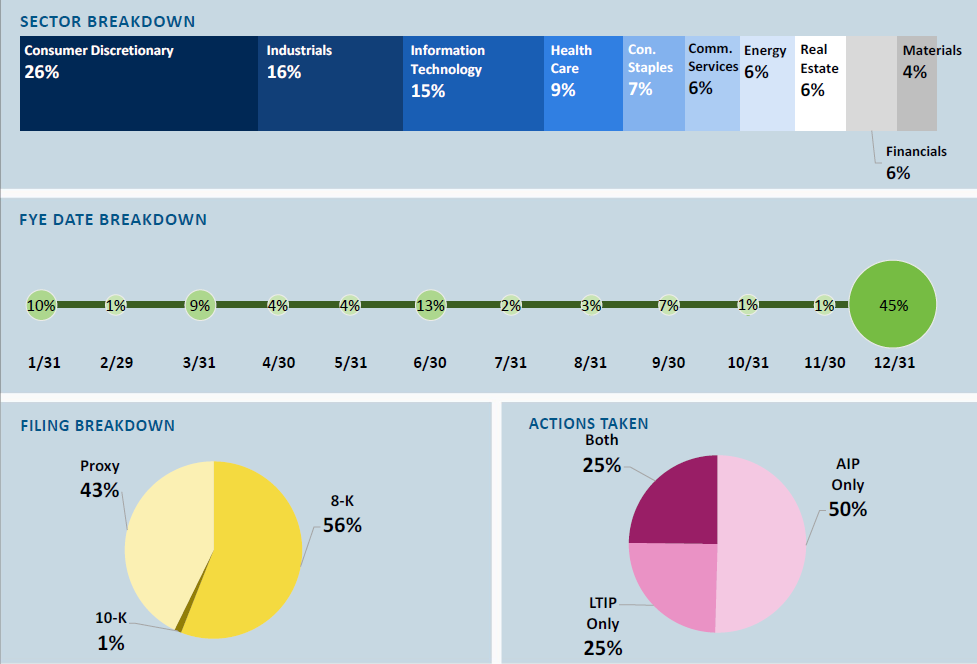The current issue of the Harvard Business Review contains an article I wrote entitled Don’t Let the Short-Termism Bogeyman Scare You.
The current issue of the Harvard Business Review also includes, as many prior issues have included, an article decrying the perils of short-termism and supporting measures for insulating corporate leaders from the outside pressures that allegedly make them myopic. The aim of my article is to show that, despite the alarming rhetoric of arguments supporting such measures, they are short on empirical evidence or economic logic. Furthermore, these arguments overlook substantial benefits that outside investor oversight produces and that such measures would sacrifice.
Harvard Business Review readers have been warned about the dangers of short-termism for at least four decades. In their 1980 article “Managing Our Way to Economic Decline,” Robert Hayes and William Abernathy argued that the short-term focus of corporate managers was to blame for a “marked deterioration of competitive vigor.” Similarly, in his 1992 article “Capital Disadvantage: America’s Failing Capital Investment System,” Michael Porter claimed that short-termism was causing underinvestment in long-term R&D projects and was the reason that “the competitive position of important U.S. industries has declined relative to other nations, notably Japan and Germany.”
Although short-termism has not produced the predicted demise during the decades that have passed since, calls to protect corporate leaders from pressures that could induce short-termism have persisted if not intensified. Indeed, such arguments have long been advanced as a key reason for supporting measures—such as takeover defenses, staggered boards, dual-class share structures, and dual-class recapitalizations—that limit the power of shareholders and insulate corporate leaders.
Unfortunately, the superficial appeal of such arguments has won over many institutional investors and public officials. It is important that they and others recognize the shortcomings of the short-termism claims. My article seeks to highlight these shortcomings, and below I note several elements of my analysis:
READ MORE »
